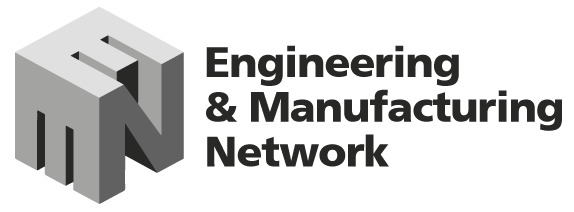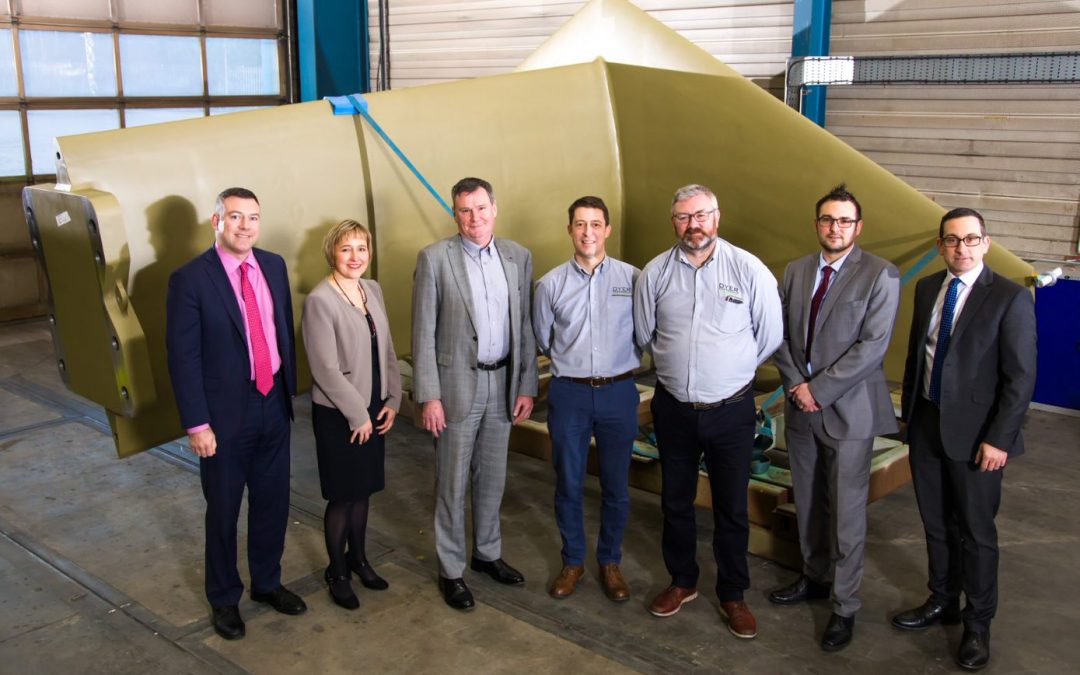In our latest Spotlight On feature we chat to Richard Bradley, Finance Director of Stanley-based Dyer Engineering, which is now in its 43rd year of business.
We find out more about the company’s plans to grow and how the market is holding up as the uncertainty around Brexit continues.
The business was launched in 1977. How have things changed in that time?
The business has evolved and grown a lot, especially in the six years since Graeme and I took over, which was back in 2013. We inherited a company employing 100 people, turning over around £7.5m. Today we have nearly 200 people working for the business and our turnover stands at around £12m.
You have very ambitious plans for growth in the coming years. Tell us more about that.
Our aim is to continue to grow and we want to achieve turnover figures of around £22m by 2022. To help us achieve that we have been secured just short of £2m of investment from Maven Capital Partners, which will help us grow within a number of key sectors.
The sectors we service include rail, marine, defence and offshore and in each we tend to have one major blue-chip client. What we’d like to do is grow within these sectors – we’re already established within them, so it makes sense, however we know there is a larger market to tap into which we’re not currently doing.
The rail sector is an interesting one isn’t it, with an announcement on the preferred bidder for the Metro contract due in December. How might that impact on Dyer?
This announcement is certainly on our radar as it’s a key sector for us, and a significant contract to be awarded in the region which will naturally attract companies within the supply chain, like ourselves.
It’s definitely one to watch.
You invest heavily in an apprenticeship programme, don’t you?
Apprenticeships are massively important to our business with around 10 per cent of our total workforce made up of apprentices and graduates.
The skills gap existed back when Graeme and I took over, so we decided to attack that by training and investing ourselves. We’ve since had around 30 apprentices come through the business which is great for us and for the young people we invest in.
Finally, Brexit is just around the corner. How are you finding the market currently?
There is definitely a lot of uncertainty around with a nervousness by businesses to invest. I don’t think anyone really knows what’s going to happen so naturally there’s a cautiousness around which I don’t think will go any time soon.

